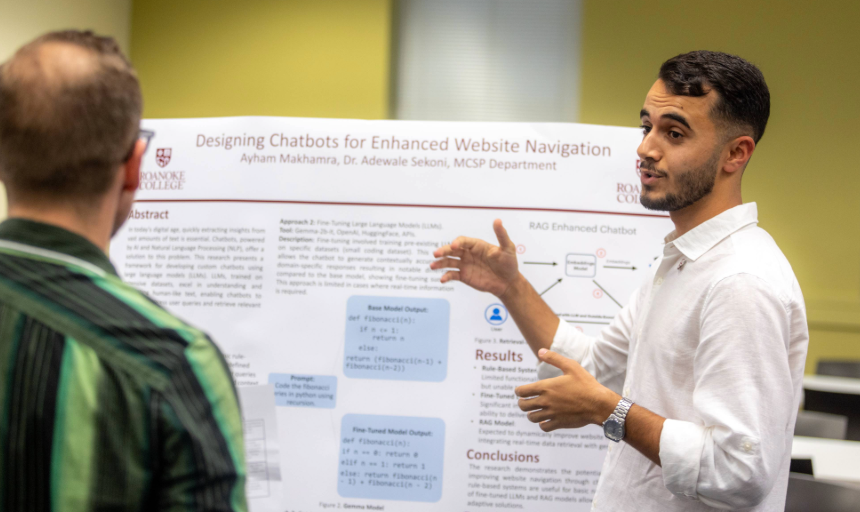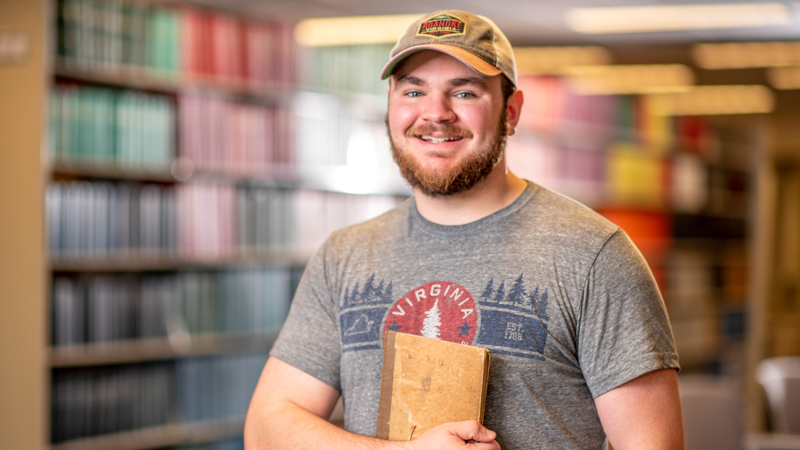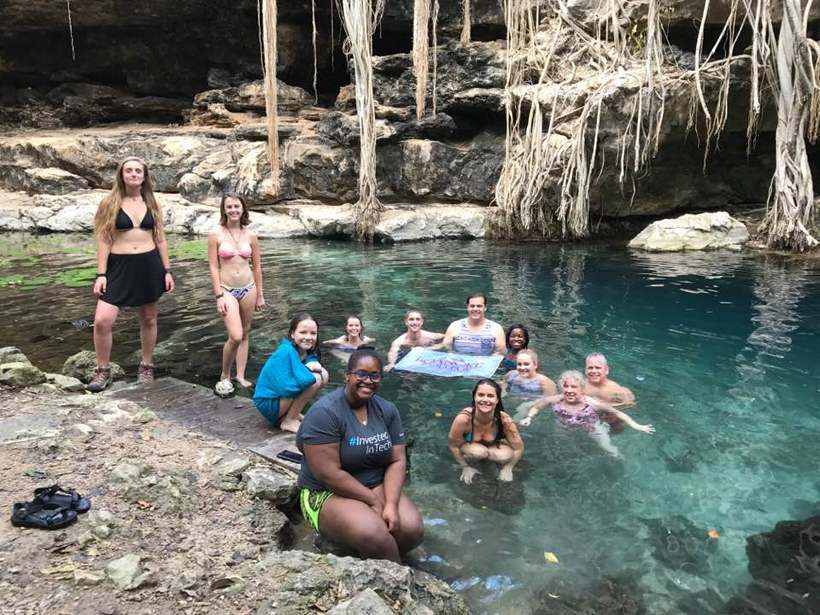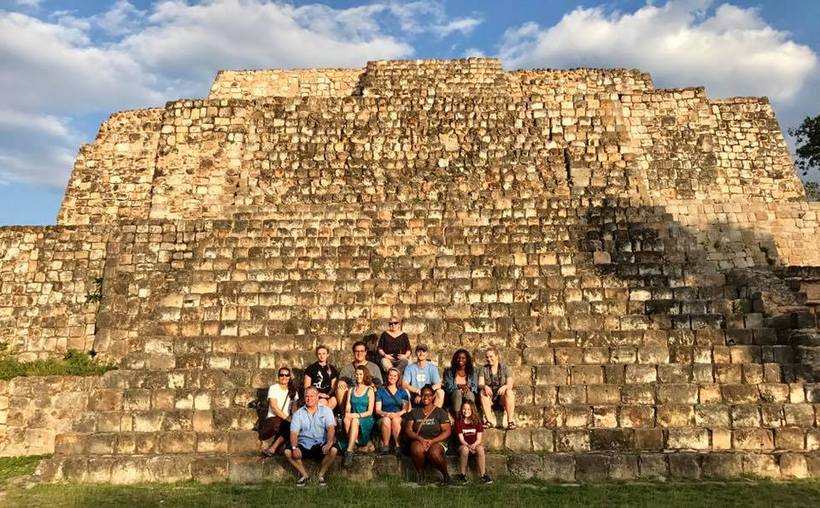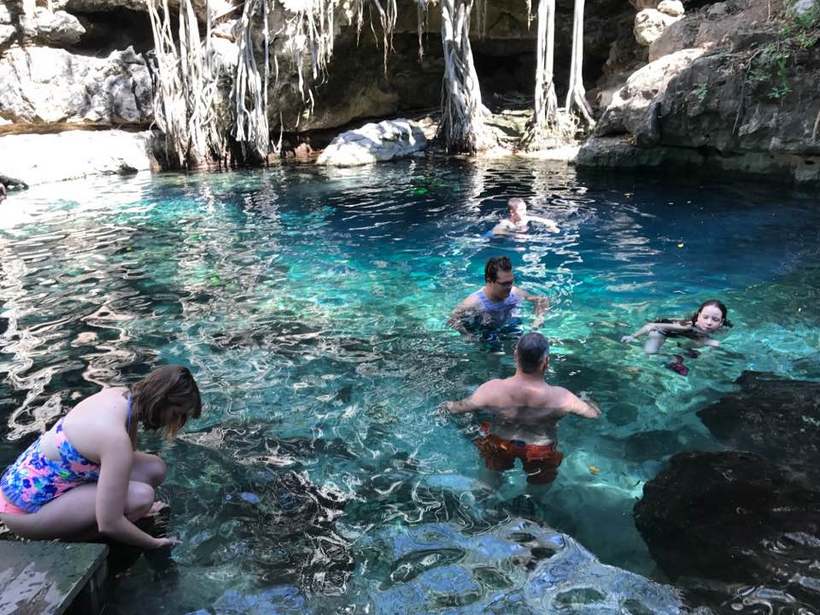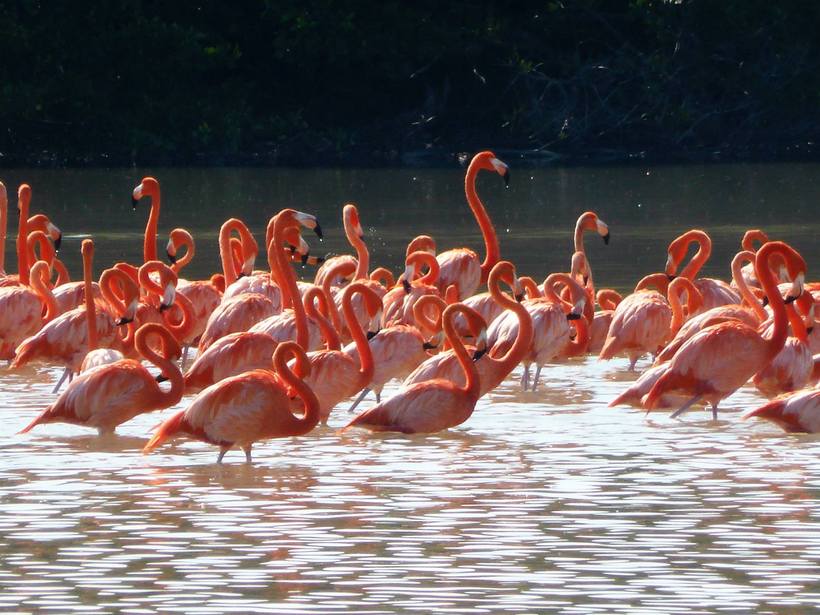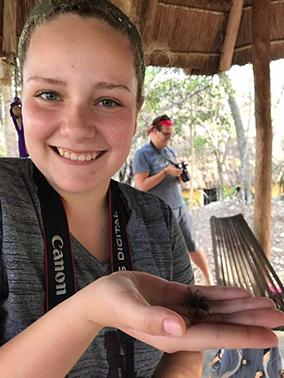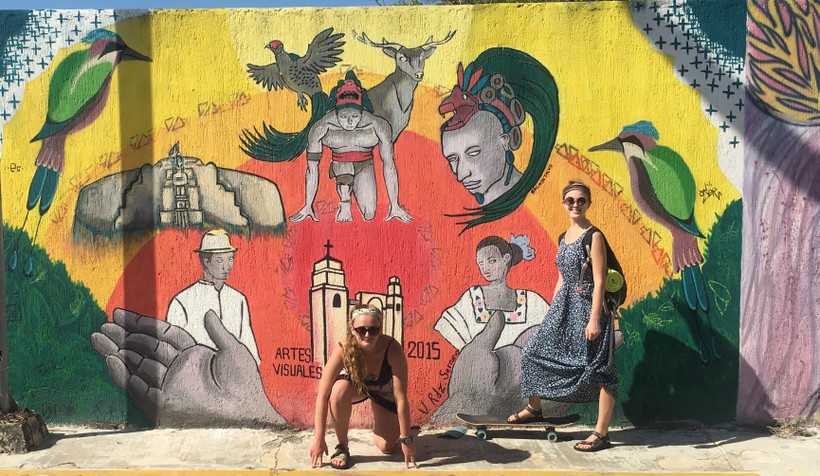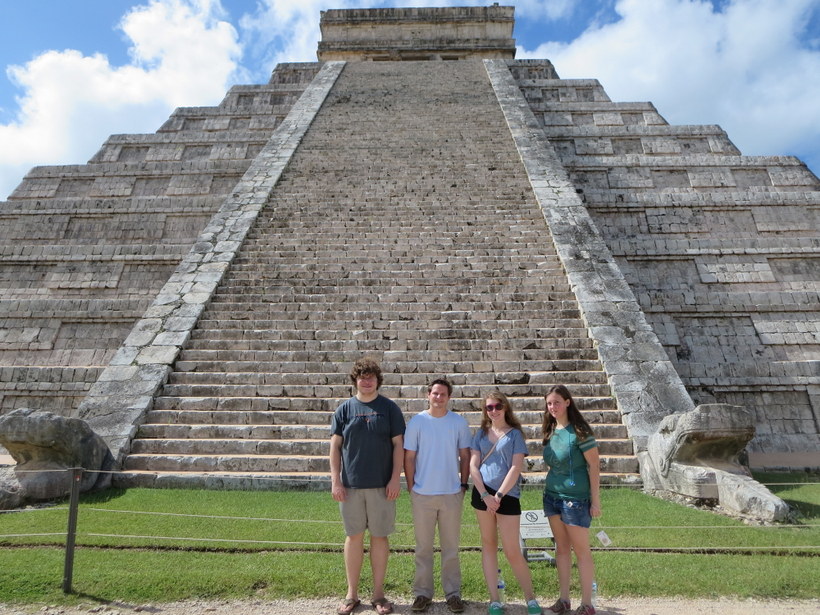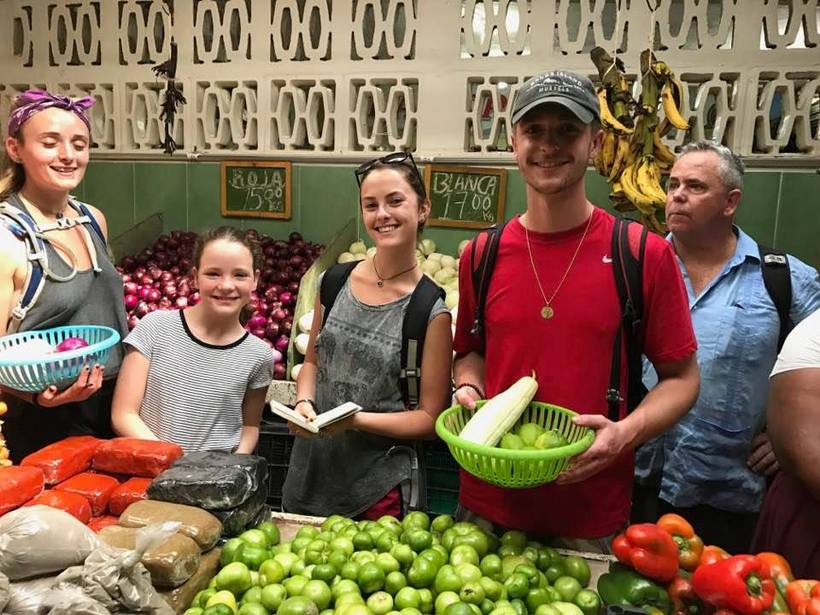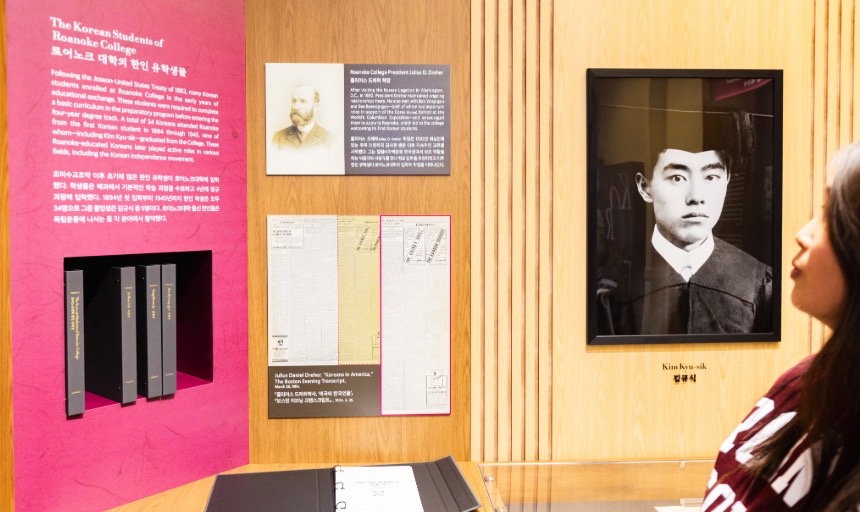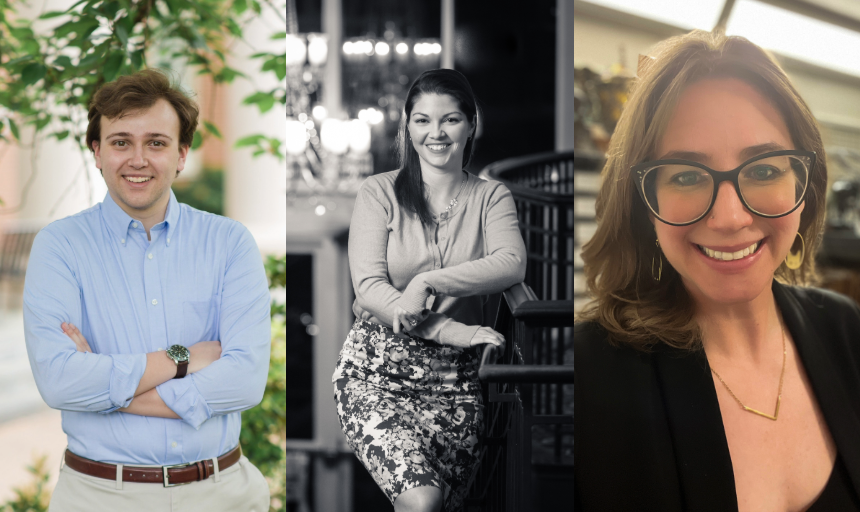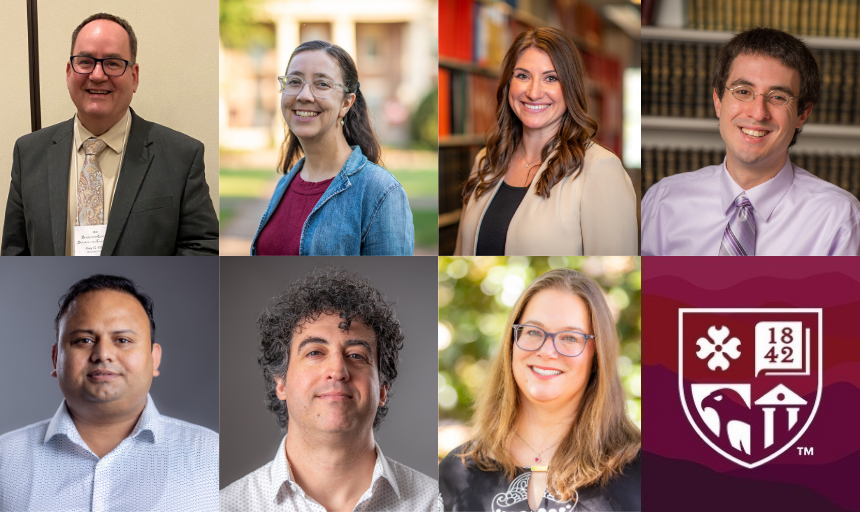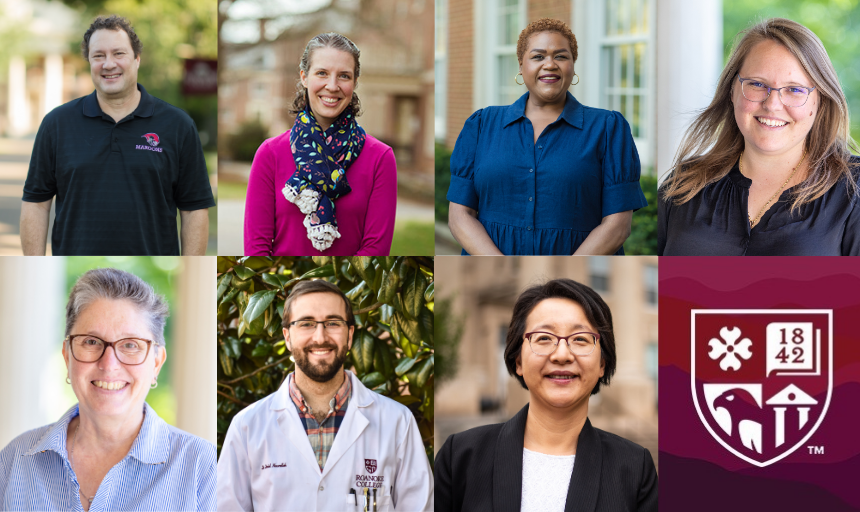Public History
Available as a concentration
Public History is a real-world discipline where history is interpreted for the public. The field includes the areas of historic preservation, cultural resource management, archival science, heritage tourism, oral history and museum curatorship.
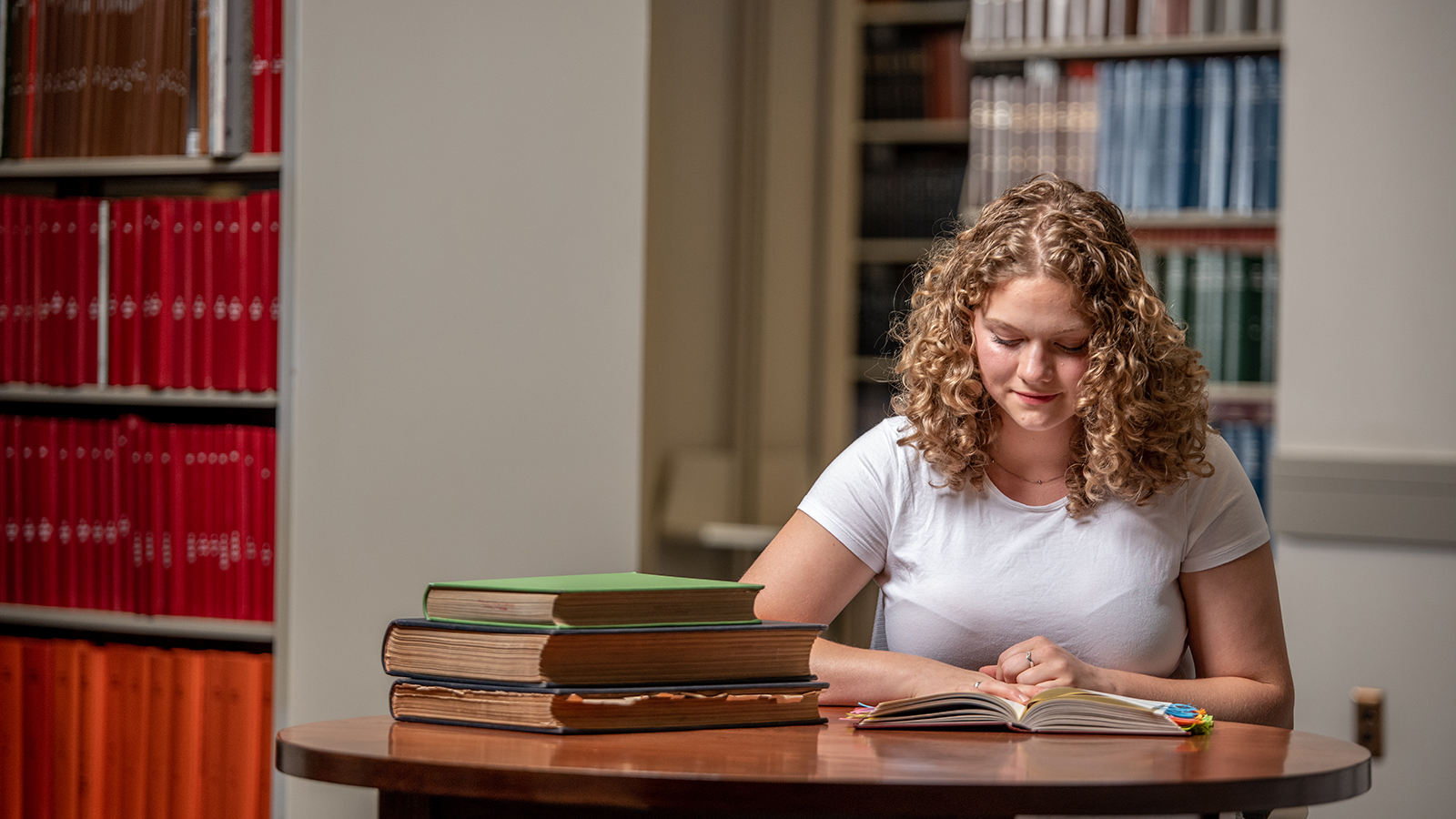
Curriculum & Courses
Learn By Doing
Student Experiences
Study Abroad
Making A Difference
Careers & Outcomes
Faculty
News
-
This interactive workshop, the first of a two-part event, is intended to train researchers to better communicate their work with people outside of their field. Folks from all programs are encouraged to attend!
- Date:
- March 27, 2026
- Time:
- 4 - 6 p.m.
- Location:
Antrim Chapel
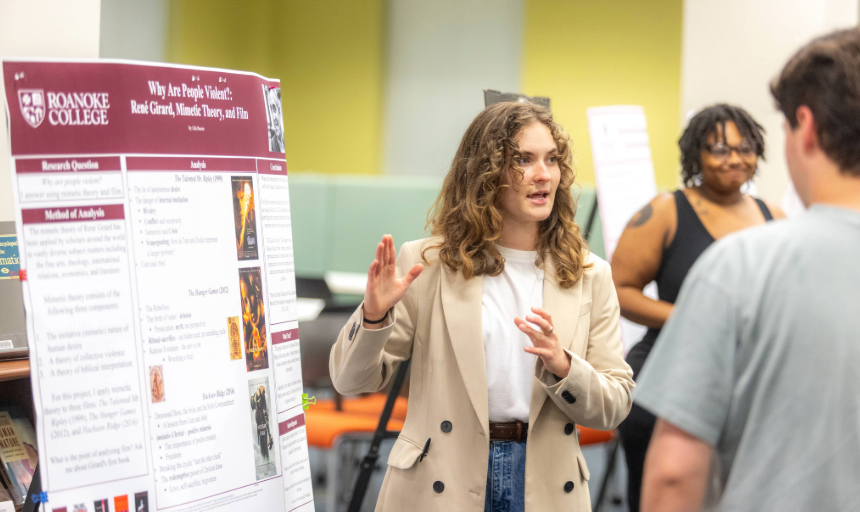
-
Engaged in research? Consider competing in this year's Nutshell Games Competition for a chance to win an Amazon e-gift card.
- Date:
- April 21, 2026
- Time:
- 6 - 7:30 p.m.
- Location:
Antrim Chapel
